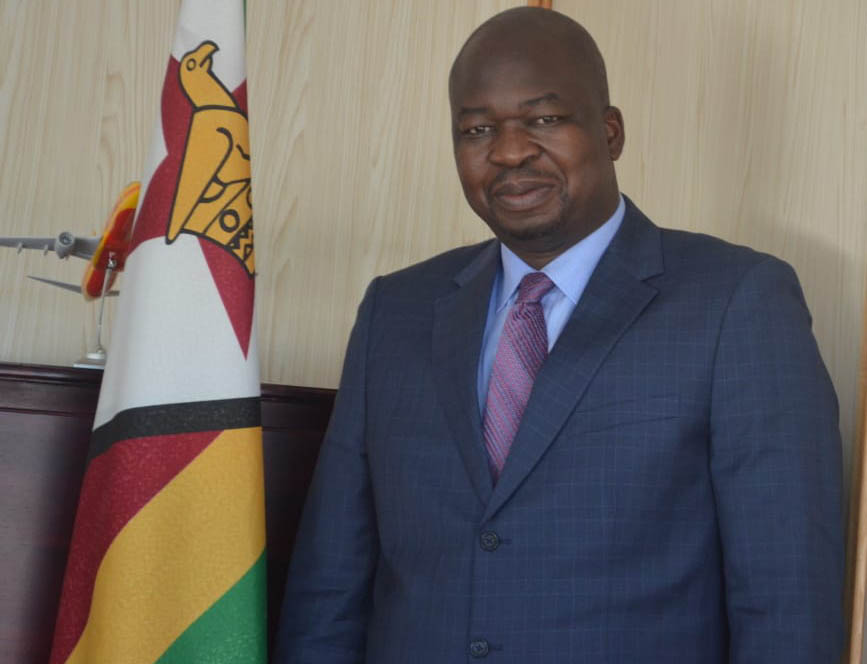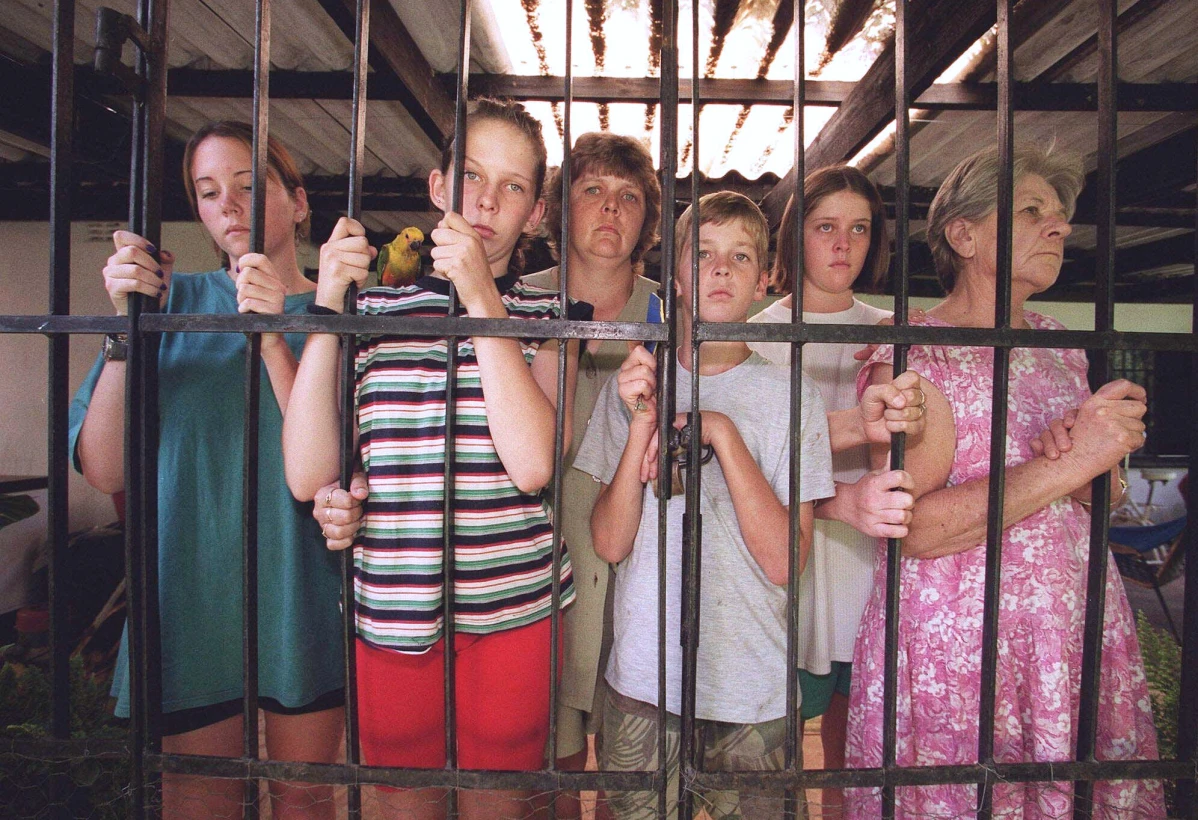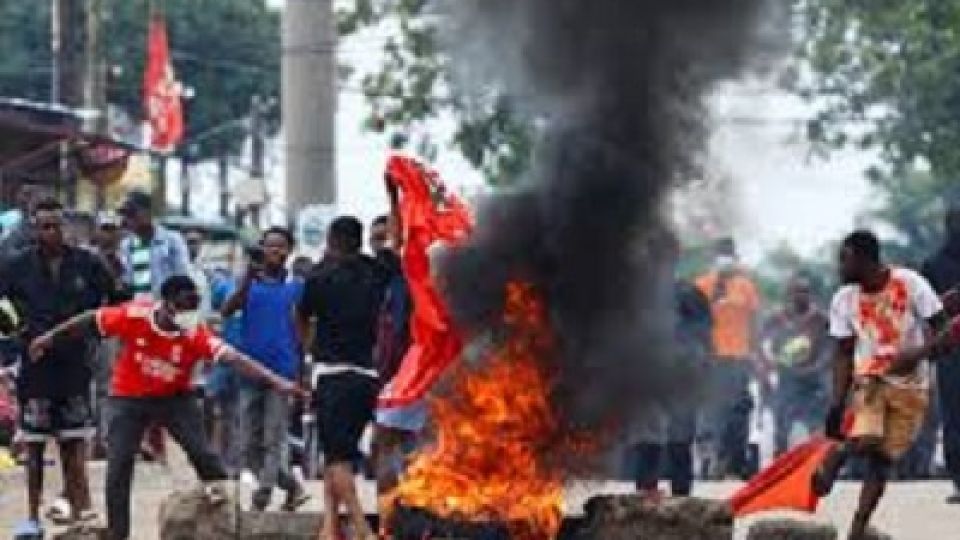HARARE – President Emmerson Mnangagwa sacked finance secretary George Guvamatanga last week but then had a change of heart after he made a groveling apology, and following further representations by chief cabinet secretary Martin Rushwaya, ZimLive can report.
The 53-year-old, in the job since 2018, was informed on June 21 that Mnangagwa had terminated his services over concerns that he was undermining the country’s new currency, as well as piling complaints that he was only releasing funds to ministries headed by his friends.
Mnangagwa was apoplectic that the finance ministry headed by Mthuli Ncube had failed to publish statutory instruments that would put into effect declarations by the new Reserve Bank governor John Mushayavanhu that companies would be mandated, from this month, to pay 50 percent of their quarterly taxes in Zimbabwe Gold (ZiG) and the other half in foreign currency.
Mushayavanhu, speaking in Masvingo last month, said companies would “stampede” for the ZiG from June owing to the move.
He declared: “There has been talk that if ZiG cannot buy fuel, a passport and so forth then why should people want to have it? We are in a multi-currency arrangement. The government has said from June all Quarterly Payment Date (QPD) payments are going to be made 50 percent in ZiG.
“That step was taken in an effort to increase demand for ZiG because one problem that we identified before we came up with a Monetary Policy Statement was that there was no demand for ZiG whatsoever.
“What that is going to do is that come June, there is going to be a huge demand for ZiG.”
Mushayavanhu said there was US$90 million worth of ZiG in circulation and the amount was less than the US$150 million worth of ZiG which would be required for the 50 percent settlement of QPD.
“I am saying this to forewarn people that you may be the owner of a fuel garage and only sell your fuel in US dollars, its fine, but you are also going to pay tax in June, where are you going to get the ZiG? You are better off selling some fuel in ZiG so that come June you have ZiG in place.”
Individuals and companies who earn income (excluding employee income) need to pay taxes in advance on a quarterly basis. These payments, called Quarterly Payment Dates (QPDs), are due on March 25, June 25, September 25 and December 20.
Mushayavanhu’s threats did not come to pass because no legal instruments were issued to bring into effect the new tax payment requirements, and the governor pointed an accusing finger at the finance ministry, the source said.
“What compounded matters is that Mushayavanhu and Guvamatanga don’t like each other too much, and the governor felt he was being undermined. Mnangagwa decided Guvamatanga had to go and Rushwaya had been instructed to make the announcement,” a source briefed on the matter said.
Guvamatanga, ZimLive understands, asked for an audience with the president.
“He went on his knees, literally,” the source said. “The chief secretary also pleaded with the president to reverse his decision, saying that Guvamatanga was a young man and he would learn from the incident. Rushwaya also told Mnangagwa that there had been other changes at the environment ministry and the public service commission, and firing Guvamatanga would destabilise the government.”
One of the key changes, it has been established, was the removal of Rosemary Tsitsi Choruma as Public Service Commission secretary, allegedly for “disrespect” after she referred to Mnangagwa as “Mr President” instead of “Your Excellency”. She was posted to the unglamorous position of commissioner in the Zimbabwe Land Commission.
Mnangagwa is also understood to have contemplated firing Prosper Matondi, the secretary in the ministry of environment, climate and wildlife on the same weekend. Matodi told ZimLive he was on leave and was unaware of plans to remove him.
Presidency spokesman George Charamba denied Mnangagwa had fired Guvamatanga.
“False, very false! Secretary Guvamatanga remains ensconced in his appointment, until the appointing authority decides otherwise,” Charamba said.
“To my mind the appointing authority has not and, anyway, is unlikely to at such a critical time when we are about to host SADC, are in the middle of an El Niño induced drought from which we must recover, have just launched a new currency requiring fiscal support, and have made overtures to old and new blocs internationally. Highly unlikely, in my view.”
Guvamatanga, a former CEO of Barclays Bank in Zimbabwe, is currently battling on many fronts after claims that he received bribes from businessman Wicknell Chivayo to approve payments of over US$100 million to a South African company, Ren-Form CC, which supplied election materials to the Zimbabwe Electoral Commission at inflated prices.
Chivayo has denied making the payments after disowning WhatsApp messages sent to his feuding former business partners in which he appeared to implicate several government officials in the corrupt payments, including Rushwaya, Guvamatanga, Central Intelligence Organisation boss Isaac Moyo and ZEC chairperson Justice Priscilla Chigumba.
















